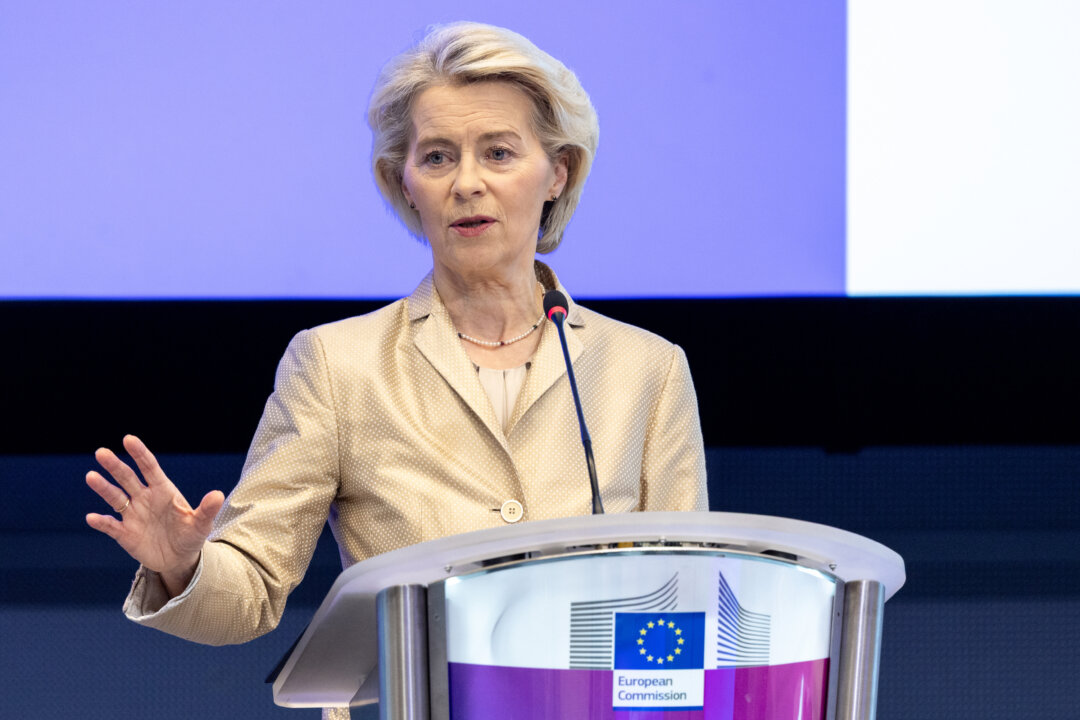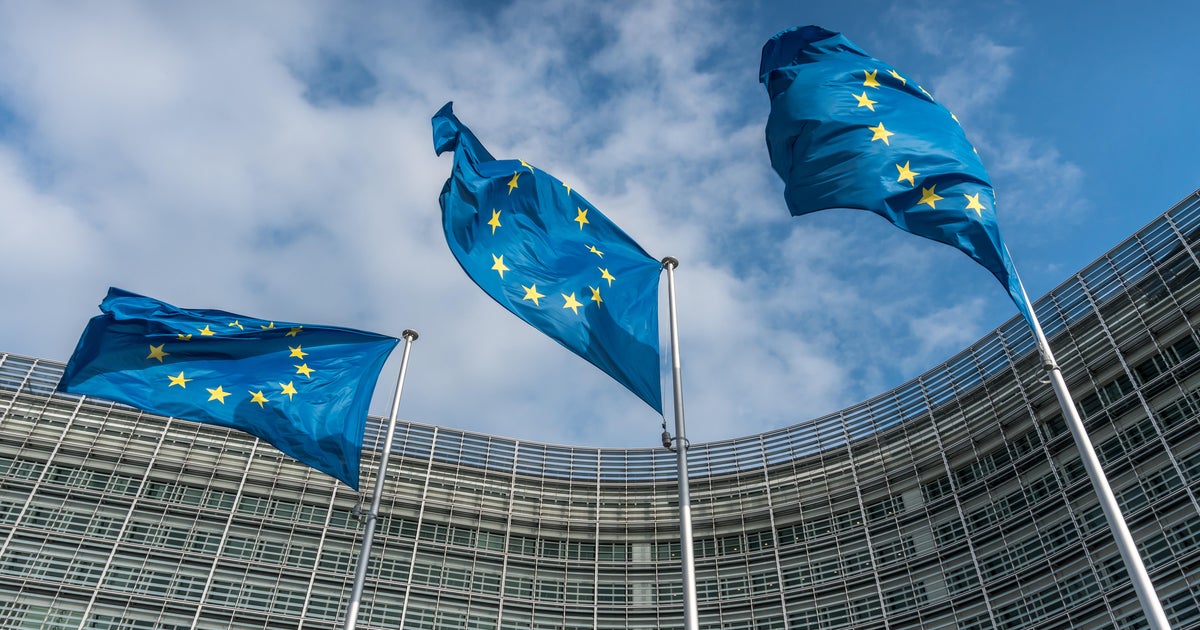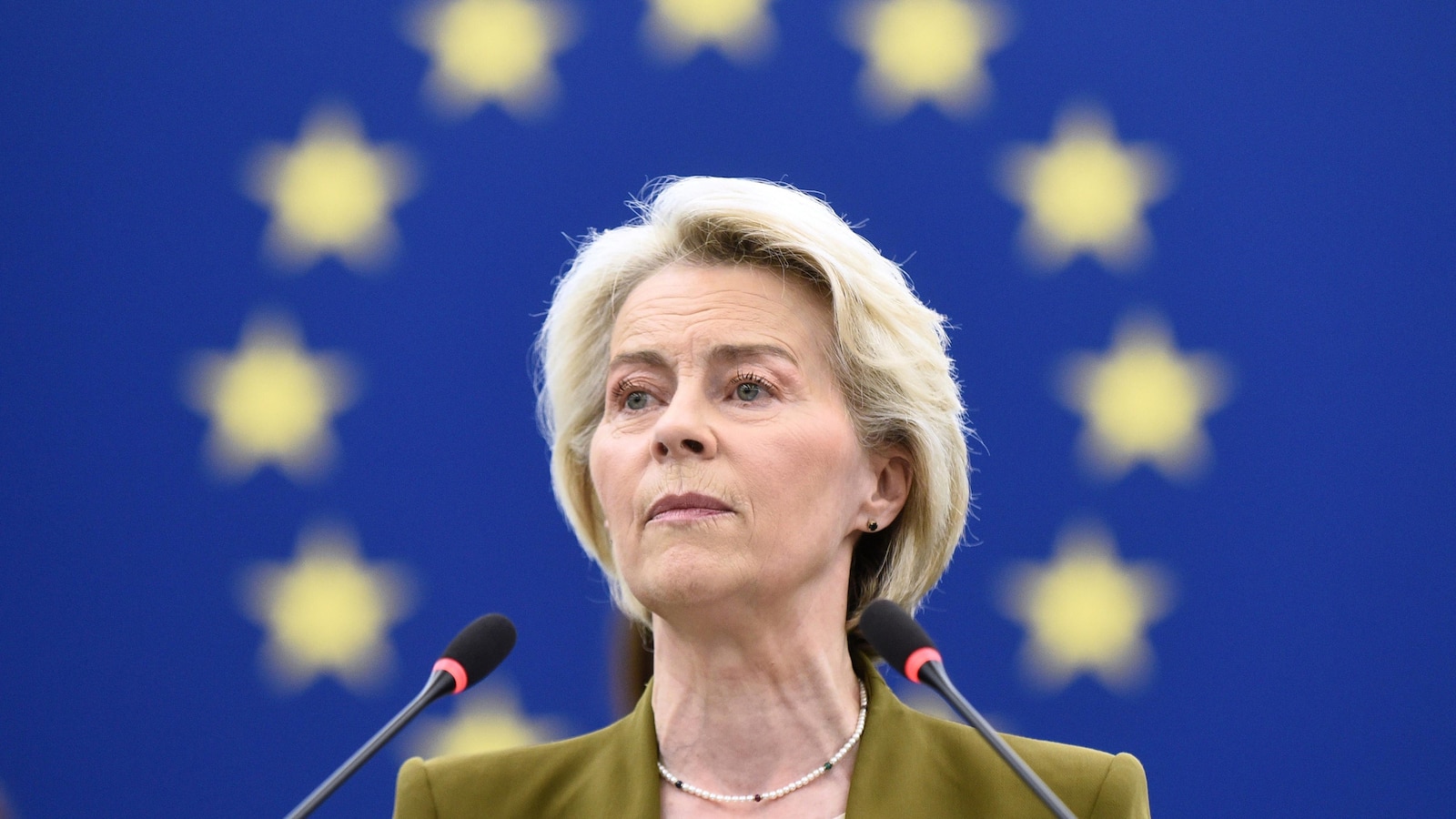EU Advances Russian LNG Ban to 2027, Implements 19th Sanctions Package
The EU will stop Russian LNG purchases by January 2027, accelerating its timeline. Its 19th sanctions package targets Russian energy firms, its shadow fleet, and Chinese entities.
Subscribe to unlock this story
We really don't like cutting you off, but you've reached your monthly limit. At just $5/month, subscriptions are how we keep this project going. Start your free 7-day trial today!
Get StartedHave an account? Sign in
Overview
- The European Commission plans to completely stop purchasing LNG from Russia by January 2027, accelerating its initial timeline for the ban by a year.
- The EU has implemented its 19th sanctions package against Russia, targeting LNG exports and including full transaction bans on major energy trading companies.
- Proposed measures specifically target entities like Rosneft and Gazprom Neft, alongside 118 vessels from Russia's shadow fleet, to impact their operations.
- These comprehensive sanctions aim to significantly impact Russia's economy and military efforts, as energy revenue is crucial for its financial stability and ongoing operations.
- The latest sanctions package also targets Chinese entities, though potential opposition from EU member states like Hungary and Slovakia remains a challenge.
Report issue

Read both sides in 5 minutes each day
Analysis
Center-leaning sources frame the EU's accelerated Russian gas phase-out as a decisive move to weaken Moscow's war economy, largely influenced by US pressure. They emphasize the punitive nature of the sanctions and the EU's commitment to cutting fossil fuel revenues, using strong language to describe the bloc's objectives without exploring potential challenges or dissenting views within the EU.
Articles (6)
Center (2)
FAQ
The European Union plans to completely stop purchasing liquefied natural gas (LNG) from Russia by January 1, 2027, accelerating its original timeline by one year.
The 19th sanctions package targets Russian energy firms such as Rosneft and Gazprom Neft, bans transactions with major Russian energy trading companies, and sanctions 118 vessels from Russia's shadow fleet, aiming to hinder Russia's energy exports and economic capacity.
The EU is accelerating the ban partly due to pressure from the United States and as part of a coordinated effort to reduce Russia’s energy revenue, which funds its economy and military operations, in response to the conflict in Ukraine.
The phase-out of Russian gas and oil imports by 2027 is part of the EU's REPowerEU plan, which aims to increase energy independence through renewable energy investments, energy efficiency, and stopping dependency on Russian fossil fuels.
The sanctions face potential opposition from some EU member states, such as Hungary and Slovakia, which may impact the full enforcement of measures targeting Russian and Chinese entities.
History
- 1M

 3 articles
3 articles




